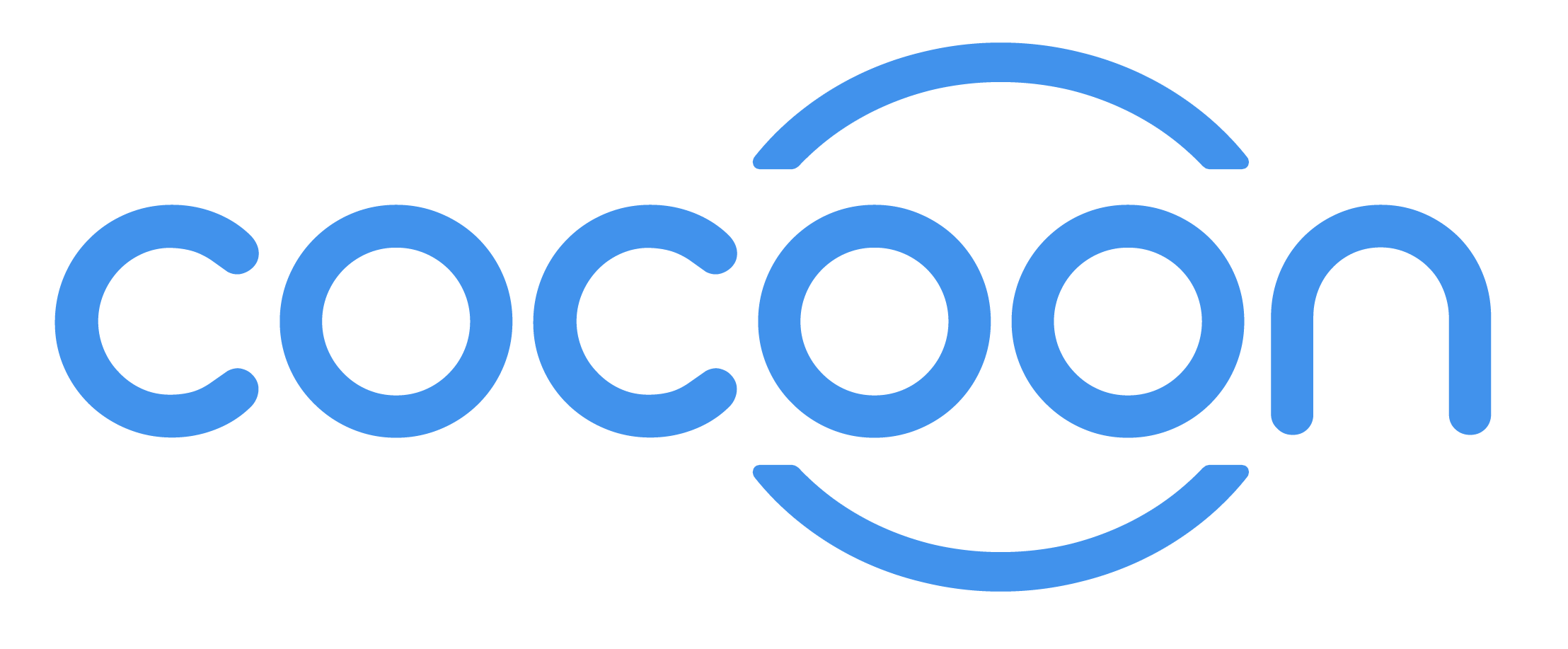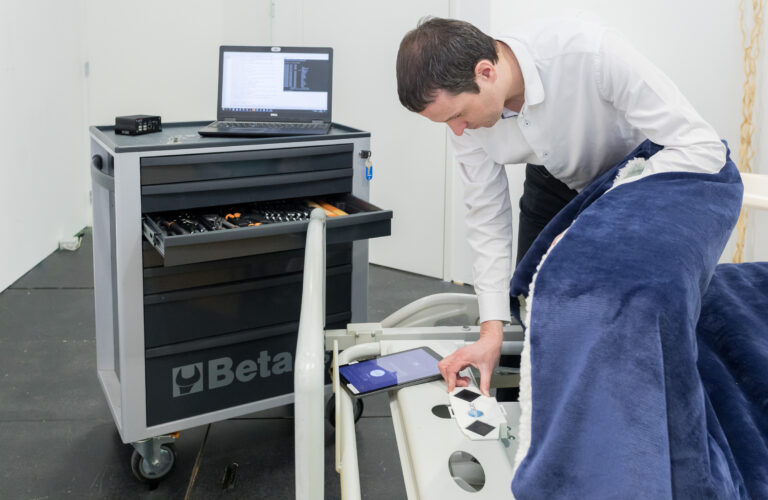Since 2015, the startup Cocoon Care has been doing research work within Nanoelec’s Pulse program. That work has led to the commercialisation of a fall detection system (made of new-generation sensors and a monitoring platform). This is only the first step of the implementation of a broader prevention and prediction system for connected health, which aims to help elderly people who stay home as well as support caregivers.
 In both Europe and France, seniors nowadays account for a fifth of the population (1). Moreover, elderly people’s proportion tends to grow worldwide (2), along with the need for more assistance and skilled people to preserve the maximum autonomy and the best quality of life for everyone. Therefore, in France, 15,000 workers and 3.9 million of relatives are mobilised to help elderly and dependent people (3).
In both Europe and France, seniors nowadays account for a fifth of the population (1). Moreover, elderly people’s proportion tends to grow worldwide (2), along with the need for more assistance and skilled people to preserve the maximum autonomy and the best quality of life for everyone. Therefore, in France, 15,000 workers and 3.9 million of relatives are mobilised to help elderly and dependent people (3).
To meet these needs, Valentino Marra and Laurent Adde co-founded Cocoon Care on February 28, 2020. The startup hired already 6 employees and raised funds from a major player at CAC40 index. Based on results from research work that Nanoelec partners have been carrying on since 2015, Cocoon Care plans to consolidate its smart home offer adapted to eldery people in lossautonomy. It aims to provide their safety, reinforce their autonomy, improve their comfort and support & ease relatives and caregivers.
The startup benefit from professional and technical expertise of UGA and CEA researchers as well as access to Nanoelec’s experimentation platform to evaluate and validate its solutions in realistic conditions – before a first field deployment and the market launch – but also to develop its ability to innovate. “The technology that Cocoon Care has industrialised was evaluated several times in 2020 through Nanoelec’s Products & Technologies Living-lab (PTL) following strict and proven scientific protocols. This platform reproduces the living conditions of elderly people in a realistic environment, especially through a full-scale instrumented replica of a nursing home/hospital room. Functional integration tests have demonstrated the compatibility between Cocoon Care’s solution with the building management system of Schneider Electric”, underlines Christophe Villemazet (CEA), Deputy Director of the Nanoelec/Pulse program.
Cocoon Care intends to differentiate itself with a reliability and performance positioning of its sensors, and by hosting data on HDS (4) servers: the Silver Economy technology market is “sick of low value-added solutions, or even gadgets, of which use value and reliability are rejected, according to Laurent Adde, the company’s Managing Director. However, thanks to the technologies’ readiness level, along with human assistance provided by the caregivers, it is possible to concretely secure and improve the autonomy and quality of life of elderly people, as well as those of their families and caregivers.”
“We are starting to commercialise an offering for the B2B market based on the detection of fall, which accounts for 9,000 deaths every year in France (5)”, specifies Valentino Marra, CEO of Cocoon Care. There is an urgent need as the current devices detect 30% to 50% of the falls in the best case, and the human and economic stakes are significant. The startup’s first targets are the health and medico-social sectors’ stakeholders such as the nursing homes, hospitals, senior residences/villages, as well as telecare providers.
“As soon as next year, we will also address the consumer (B2C market) directly as well with an adapted offer. Our market expectations are significant as we will face a 55% growth of the worldwide senior population in the next ten years, to reach 1.5 billion people in 2050 (6)”, Valentino Marra adds.

To consolidate its offer adapted on a home automation dedicated to elderly people with loss of autonomy, Cocoon Care uses the Nanoelec Products & Technologies Living-lab (PTL). The startup can thus test under realistic conditions of use, the implementation of its solutions and test their reliability and security. Here, mounting of a bed presence detection device on the “testbed” placed in an instrumented replica of a nursing home room © P.Jayet / CEA
- Eurostat &Insee
- In 2020, the world has nearly one billion people aged 60 and over. During the first half of the 21st century, the aging of the population will continue gradually, and the number of 60 or more is expected to reach 2 billion by 2050. (Global AgeWatch 2018: http://globalagewatch.org/reports/global- agewatch-insights-2018-report-summary-and-country-profiles /)
- Source: DREES, Capacités, Aides et Ressources des seniors (CARE) -Ménages 2015 and CARE-Institutions 2016 surveys.
- Computer services specifically officially approved for the storage of health data
- According to the WHO, more than 37 million serious falls require medical care, and 646,000 people die, including more than 9,000 in France, (Public Health France)
- World population aging 2019. Highlights. New York, United Nations, Department of Economic and Social Affairs, 2019 (ST / ESA / SER.A / 430) (https://www.un.org/en/development/desa/population/publications/pdf/ aging / WorldPopulationAgeing2019-Highlights.pdf)




